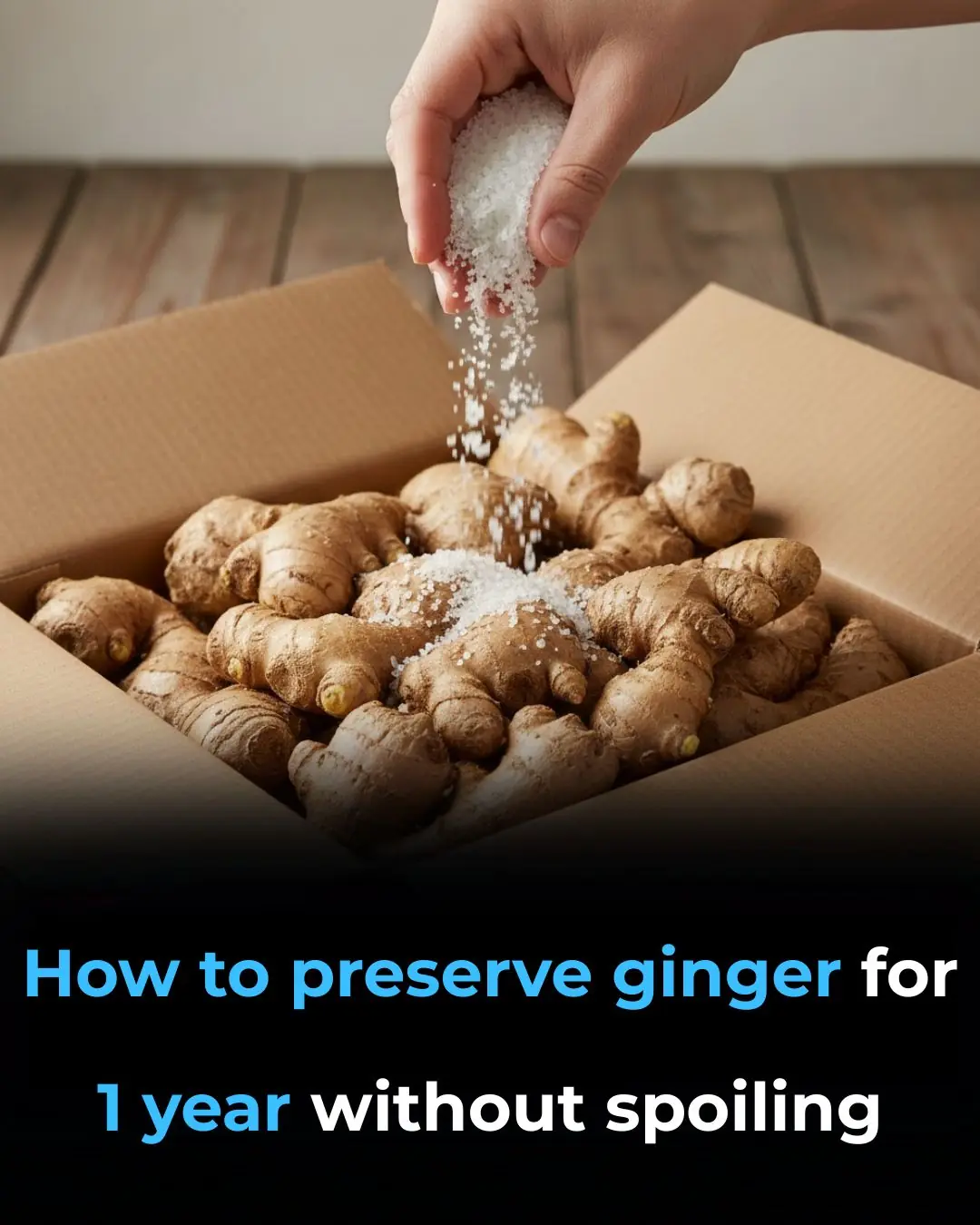
Scientifically Proven Benefits of Pumpkin Seeds (Pepitas) and Pumpkin Seed Oil
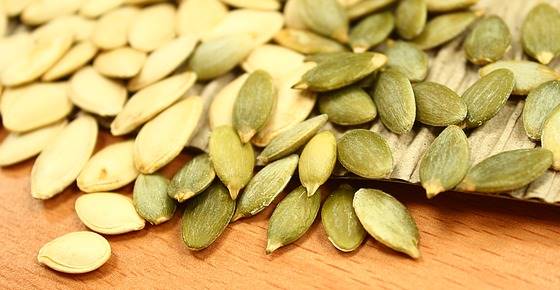
Pumpkin seeds—also known as pepitas—are much more than a crunchy topping for salads. These small seeds are packed with protein, minerals, healthy fats, and antioxidants that can support your heart, hormones, sleep, blood sugar, bladder, and even hair.
You can eat them raw, roasted, blended into smoothies, or turned into oil. However you use them, pumpkin seeds are one of the most nutrient-dense snacks you can add to your daily routine.
Pepitas vs. Pumpkin Seeds: Is There a Difference?
They’re essentially the same thing:
-
Pumpkin seeds – the whole seed, usually with the white outer shell.
-
Pepitas – the green inner seeds, usually sold shelled.
Some pumpkin varieties naturally have shell-less seeds (pepitas), but in most cases, “pepitas” just refers to hulled pumpkin seeds.
You can eat them with shells on, but most packaged seeds are already shelled for convenience.
Nutrition at a Glance: Why Pepitas Are So Good for You
Pumpkin seeds are rich in:
-
Complete protein – contain all 9 essential amino acids
-
Healthy unsaturated fats – especially in pumpkin seed oil (PSO)
-
Fiber – supports digestion and helps you feel full
-
Minerals – especially zinc, magnesium, potassium, iron, copper
-
Antioxidants – like phytosterols, tocopherols, and squalene
According to USDA data, about 1 oz (28 g ≈ 2 Tbsp, ~85 seeds) provides:
-
~126 calories
-
15 g carbohydrates
-
5–6 g fat
-
~5.6 g protein (~10% of RDI)
-
~2.9 mg zinc (~19% RDI)
-
~74 mg magnesium (~19% RDI)
-
~260 mg potassium (~7% RDI)
-
Copper, iron, calcium, plus small amounts of vitamins A, C, and B vitamins
Pumpkin seeds also have a low glycemic index (~10), making them suitable in moderation even for those watching blood sugar (including low-carb diets, with portion control).
Roasted and raw seeds both contain fiber, protein, and minerals, but roasting changes the oil profile slightly and can improve oxidative stability of pumpkin seed oil.
Antioxidants in Pumpkin Seeds
Pepitas are rich in phytosterols, tocopherols (vitamin E forms), and squalene, all of which help neutralize free radicals. These compounds are linked to:
-
Reduced oxidative stress
-
Support against chronic disease
-
Slower visible signs of aging
Roasted pumpkin seeds also show antioxidant and mild antimicrobial activity, making them a protective food as well as a snack.
9 Key Health Benefits of Pumpkin Seeds (Pepitas)
1. Anti-Inflammatory Support
Pepitas contain omega-3 (ALA – alpha-linolenic acid) and other anti-inflammatory compounds. In studies where milled seeds (including pumpkin) were eaten daily, inflammatory markers dropped in people with certain liver conditions.
How to use:
Sprinkle on salads, yogurt, soups, or blend into anti-inflammatory smoothies.
2. Heart Health Protection
Pumpkin seeds and pumpkin seed oil can support cardiovascular health through several mechanisms:
-
ALA (omega-3) – linked to protection from heart disease
-
Magnesium & potassium – help regulate blood pressure
-
Antioxidants – protect artery walls from oxidative damage
A 1-oz serving provides meaningful amounts of magnesium and potassium, both important for blood pressure control.
Combined with an overall heart-healthy diet, pepitas can be a simple daily habit to support your arteries.
3. Blood Sugar & Diabetes Management
While pumpkin seeds do contain carbohydrates, they also provide protein, fiber, healthy fats, and micronutrients that support blood sugar control.
Experimental studies show pumpkin seed extracts may:
-
Help lower blood glucose
-
Reduce complications like diabetic kidney issues (especially when combined with flaxseed)
They are not a substitute for medication but can be a smart snack choice for people managing type 2 diabetes as part of a balanced diet.
4. Better Sleep and Mood (Tryptophan Source)
Pumpkin seeds are a natural source of tryptophan, an amino acid your body uses to make:
-
Serotonin – mood support
-
Melatonin – sleep hormone
Research suggests tryptophan from whole foods can help some people fall asleep faster and improve sleep quality, especially when combined with a healthy diet.
Tip:
A small handful of pepitas in the evening, especially paired with a source of carbs (like a piece of fruit), may gently support your sleep cycle.
5. Eye Health and Vision Protection
Pumpkin seeds support eye health through:
-
Zinc – essential for visual function and retinal health
-
Lutein & zeaxanthin (in pumpkin seed oil) – carotenoids that help protect against age-related macular degeneration
A 1-oz serving gives about 19% of your daily zinc needs, making pepitas an easy way to help your eyes over time.
6. Prostate Support in Men
Pepitas and pumpkin seed oil are widely used in men’s health supplements for benign prostatic hyperplasia (BPH).
Research suggests pumpkin seeds may:
-
Reduce urinary frequency
-
Improve flow and reduce nighttime urination
-
Support overall prostate health
Some sources mention men taking around 5 g pumpkin seeds twice per day for BPH support, though personal medical advice is always recommended.
7. Urinary Tract & Bladder Health
Daily consumption of pumpkin seeds has been associated with:
-
Reduced risk of bladder stone formation
-
Improved urinary function
-
Support for overactive bladder symptoms (especially with pumpkin seed oil)
Pumpkin seed extract and oil are often used in functional foods and supplements for bladder and lower urinary tract support.
8. Anti-Parasitic Activity
Traditionally, pumpkin seeds have been used against intestinal parasites, especially tapeworms.
Some studies show that consuming pumpkin seeds daily can significantly reduce parasite load when used regularly, especially in combination with other herbs. Pepitas are not a standalone deworming treatment, but they appear to have supportive anti-parasitic activity.
9. Supportive for Weight Management
Pumpkin seeds are calorie-dense, but also:
-
High in fiber
-
High in protein
-
Nutrient-rich
They can help reduce cravings and keep you full longer compared to empty-calorie snacks like chips or sweets. While there’s no direct trial showing they “burn fat,” replacing processed snacks with a moderate portion of pepitas can support a healthy weight-loss or weight-maintenance plan.
Anticancer Potential
Because they’re rich in antioxidants and phytoestrogens, pumpkin seeds have been studied for their potential role in cancer prevention:
-
Some research suggests pumpkin seed extracts may have a protective effect in postmenopausal breast health.
-
Animal studies show pumpkin seed extracts (sometimes combined with ginger) may reduce certain side effects of chemotherapy.
This doesn’t make them a cancer treatment, but they’re a smart, protective food in an anti-inflammatory, antioxidant-rich diet.
Pumpkin Seed Oil (PSO): Concentrated Benefits
Pumpkin seed oil is simply a more concentrated form of many pepita benefits, especially for:
-
Hair
-
Hormones
-
Joints
-
Blood pressure
-
Menopause
-
Bladder function
1. Hair Growth Support
A randomized, double-blind trial in men with androgenetic alopecia (pattern hair loss) found that those taking 400 mg pumpkin seed oil daily had about a 40% increase in hair count after 24 weeks compared with placebo.
You can get similar compounds by:
-
Taking pumpkin seed oil capsules
-
Or eating around 1.5 Tbsp pumpkin seeds (equivalent oil content)
Many people combine PSO with rosemary essential oil (diluted) in topical blends and oral supplementation.
2. Joint Health & Anti-Inflammatory Benefits
Animal studies suggest pumpkin seed oil may help reduce inflammation and pain in arthritic joints, sometimes with effects comparable to NSAID drugs—without the same GI side-effect profile. It’s considered a promising supportive food, not a replacement for prescription treatment.
3. Support for Blood Pressure
Pumpkin seed oil may help:
-
Lower blood pressure
-
Reduce arterial inflammation
-
Support more relaxed blood vessels
This aligns with the benefits seen from the whole seeds’ magnesium, potassium, and antioxidant content.
4. Menopause Support in Women
In postmenopausal women, pumpkin seed oil has been associated with:
-
Increased HDL (“good”) cholesterol
-
Decreased diastolic blood pressure
-
Fewer hot flashes, headaches, and joint discomfort in some participants
Again, it’s a supportive functional food, not a hormone replacement therapy.
5. Bladder and Urinary Function
Studies in humans show daily pumpkin seed oil intake (around 10 g/day in some trials) can help:
-
Reduce overactive bladder symptoms
-
Improve urinary function
-
Support urinary health in both men and women
How Much Pumpkin Seed Should You Eat Per Day?
While there’s no strict official recommendation, a practical guideline is:
About 2 tablespoons (∼28 g or 1 oz) per day
This amount typically provides:
-
~19% of your daily zinc
-
~19% of your daily magnesium
-
Good amounts of protein, fiber, and beneficial fats
You can eat more in some days and less in others, but remember they are calorie-dense.
Best Way to Eat Pumpkin Seeds
-
Best for nutrients: raw, fresh, unsalted
-
Roasted: still healthy, but some heat-sensitive nutrients decrease
-
Important:
-
Choose organic when possible
-
Make sure seeds smell fresh, not rancid
-
Avoid heavily salted seeds if watching sodium
-
About Phytic Acid & Soaking
Like many nuts and seeds, pepitas contain phytic acid, which can bind minerals and slightly reduce absorption. If you eat pumpkin seeds regularly:
-
Soak them in water for 7–24 hours.
-
Rinse, then dehydrate at low heat (≤170°F / 75°C) or use a dehydrator.
This reduces anti-nutrients and can improve digestibility and mineral availability.
Possible Side Effects and Allergies
For most people, pumpkin seeds are very safe.
-
Side effects are rare when eaten in typical “food” or even moderate “medicinal” amounts.
-
Watch for:
-
Allergic reactions (itching, swelling of mouth, asthma-like symptoms)
-
Salted seeds increasing sodium intake
-
If you have a known seed allergy, introduce them cautiously or avoid as advised by your doctor.
Final Thoughts
Pumpkin seeds and pumpkin seed oil are one of the most underrated superfoods: they’re rich in protein, minerals like zinc and magnesium, healthy fats, antioxidants, and unique compounds that support the heart, hormones, sleep, urinary system, hair, and more.
Whether eaten by the handful, blended into smoothies, or taken as oil, pepitas are a small daily habit that can have a big impact on long-term health.
News in the same category


The single move that instantly clears congestion and drains your sinuses

This common diabetes medication may undo the benefits of your workouts
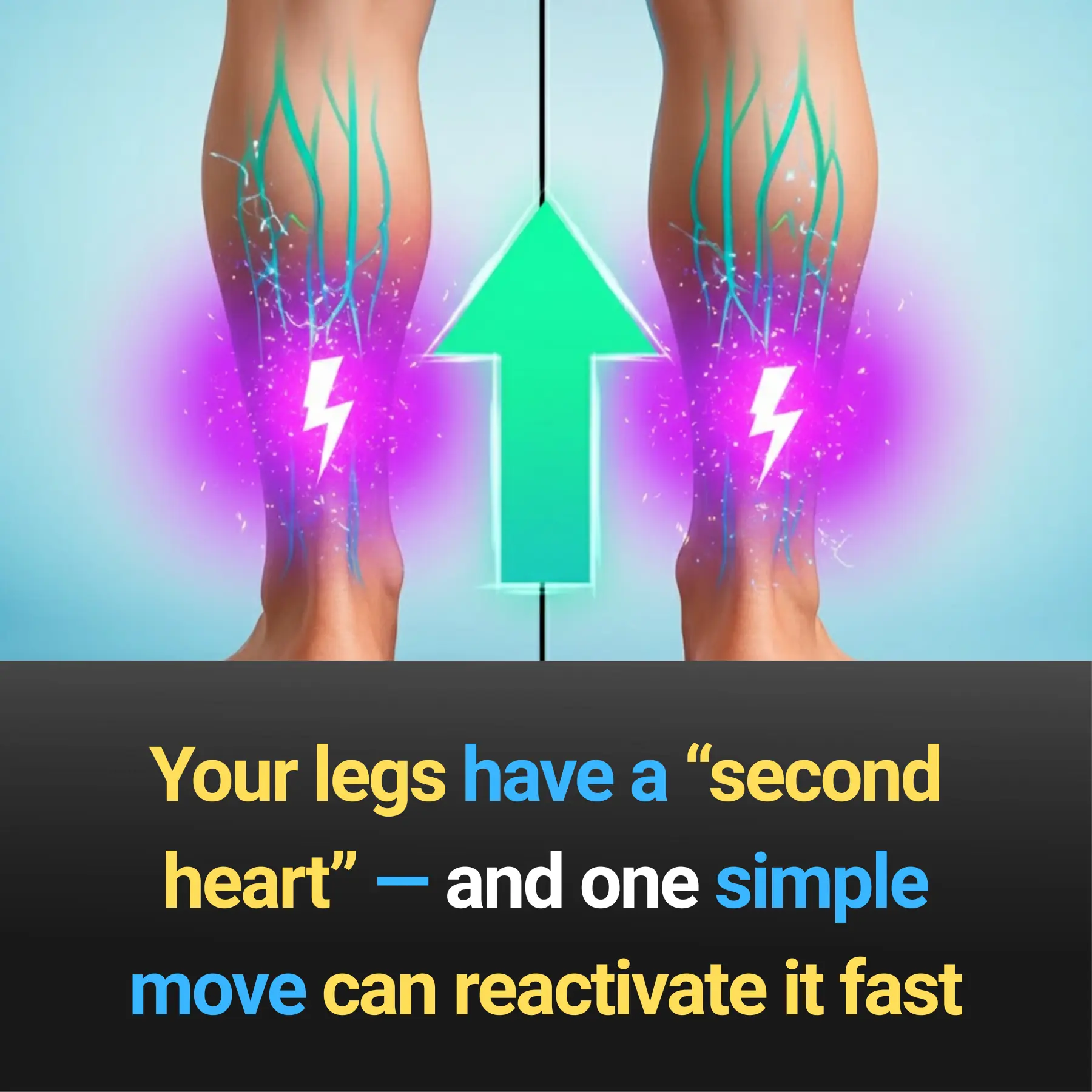
Your legs have a “second heart” — and one simple move can reactivate it fast

9 cancer warning signs your body is sending you (don’t ignore these!)

Here’s the secret why everyone puts avocados on the fire!

The single move that instantly clears congestion and drains your sinuses

11 Health Warnings Your Fingernails May Be Sending

Stop blood sugar spikes—enjoy carbs without the crash!
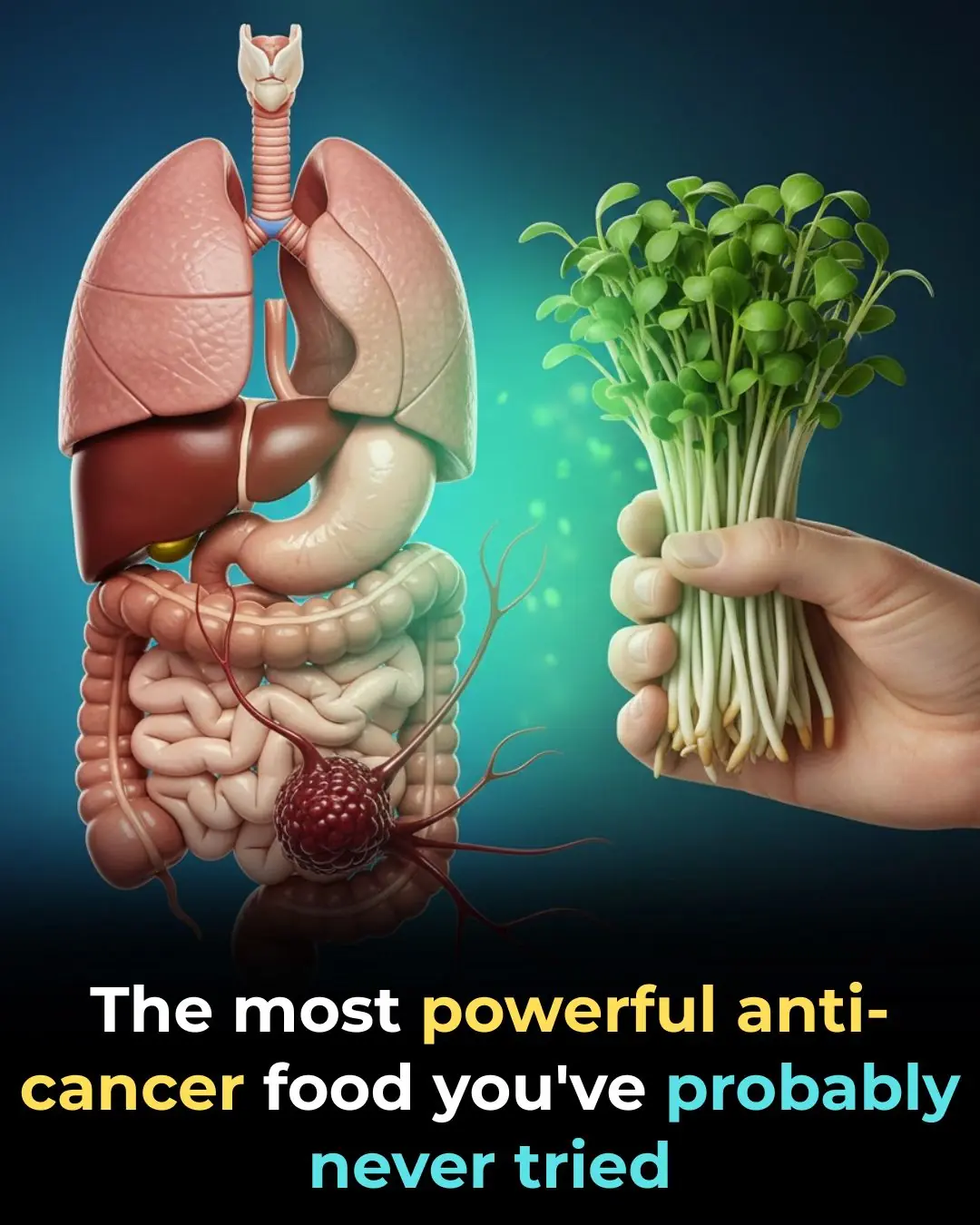
The most powerful anti-cancer food you’ve probably never tried

🩺 Be Aware: If You Notice This Skin Change, It Could Be Skin Cancer — Here’s What to Look For
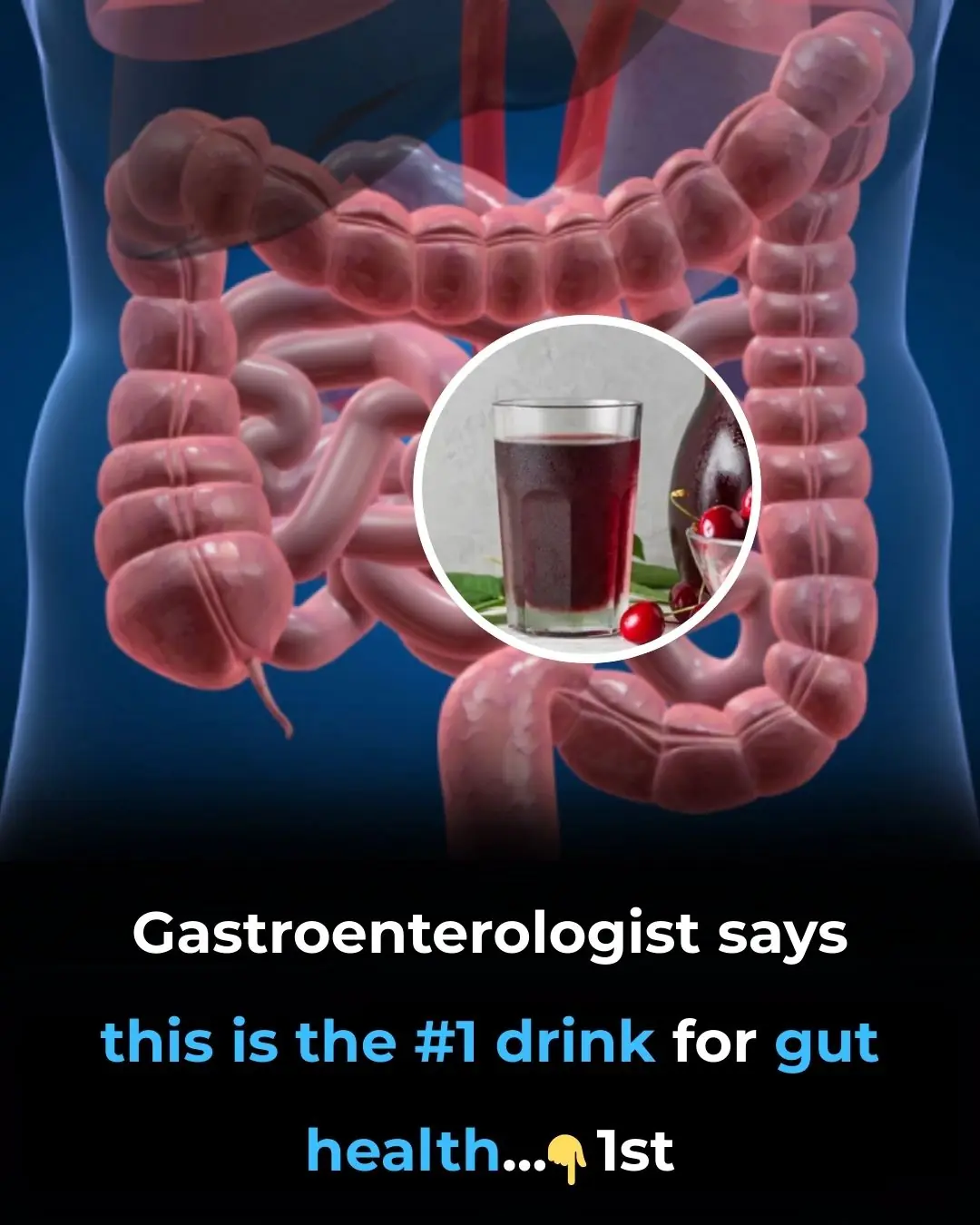
Gastroenterologist says this is the #1 drink for gut health

What your body does when you drink coffee every day
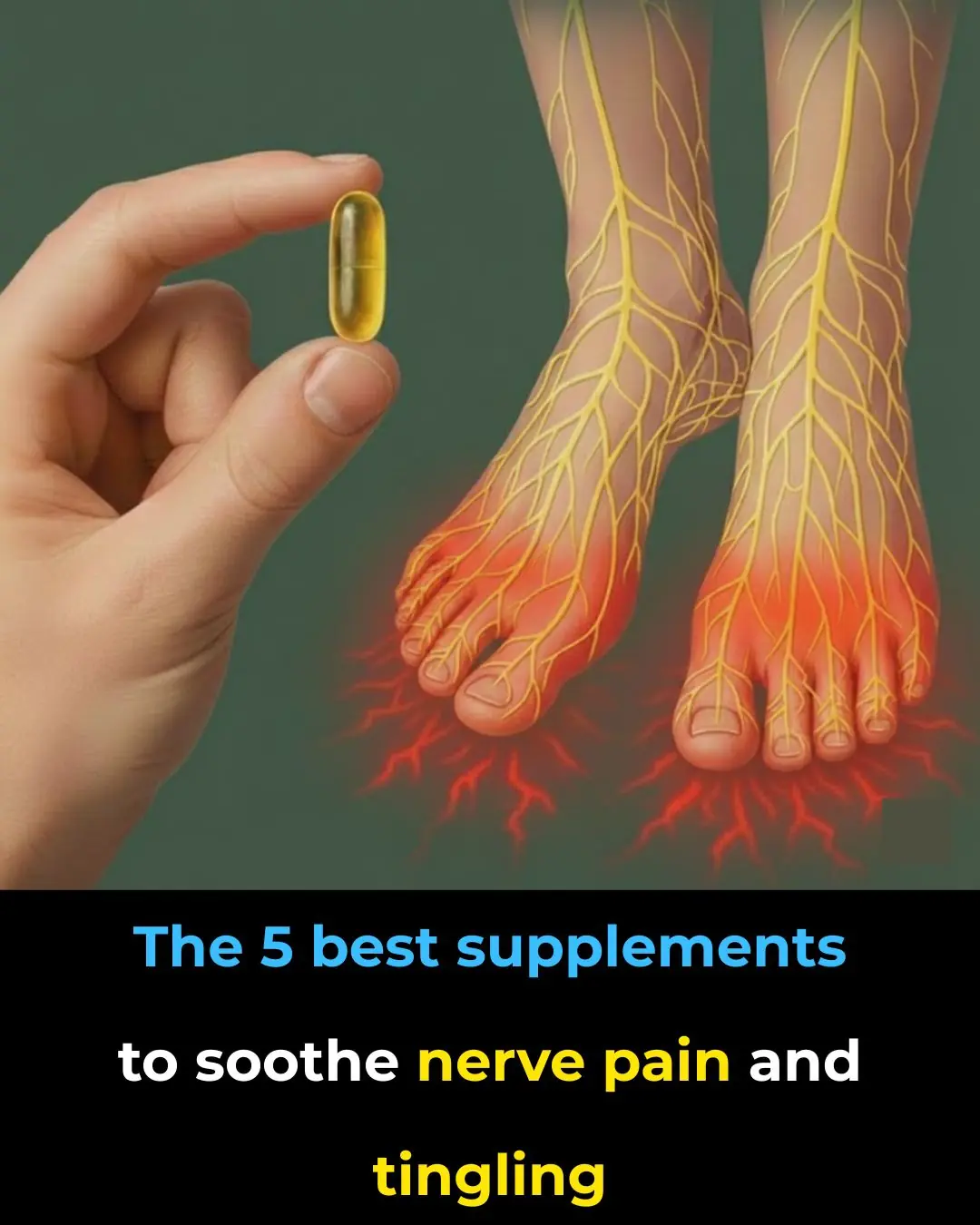
The 5 best supplements to soothe nerve pain and tingling
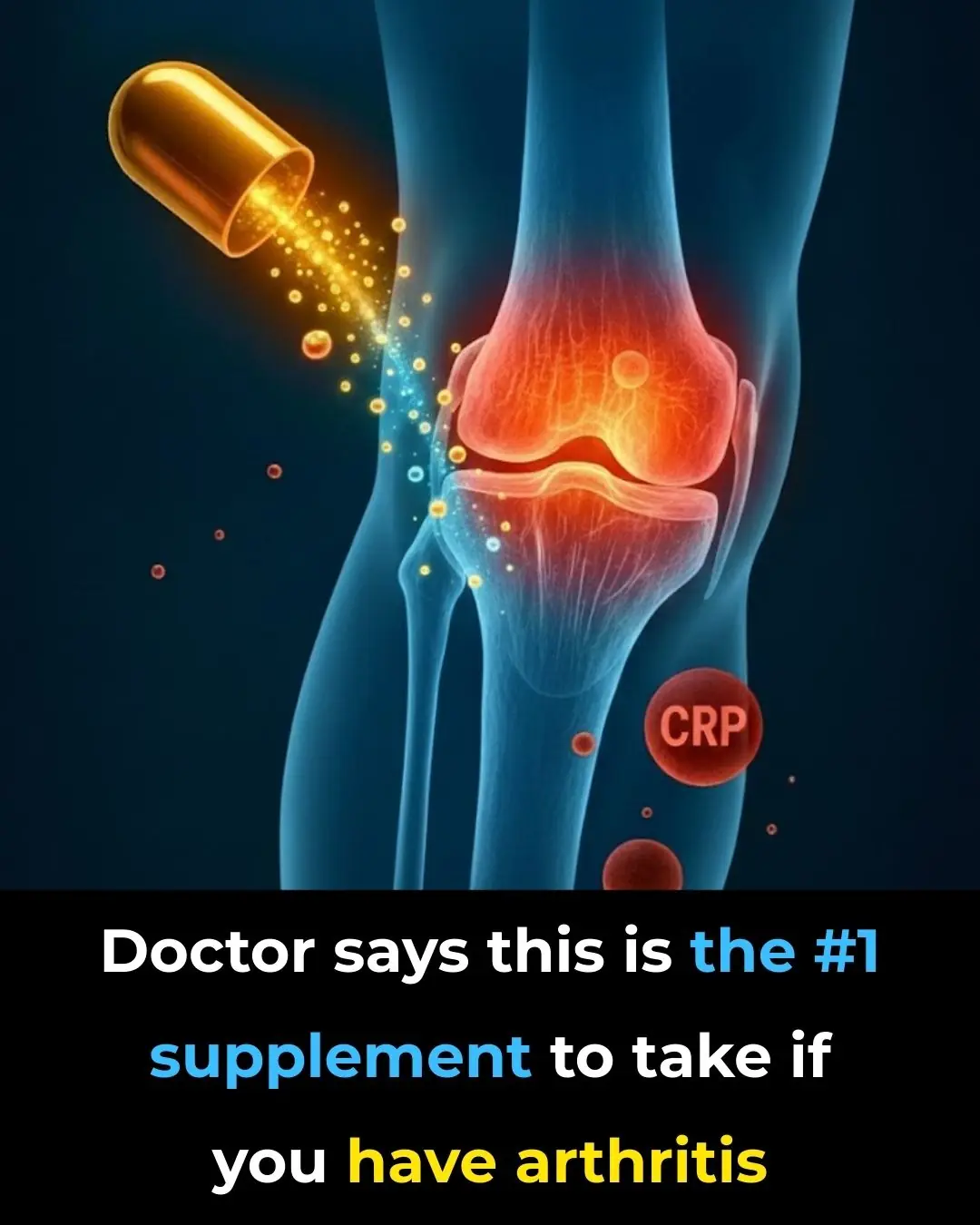
Doctor says this is the #1 supplement to take if you have arthritis

Stop blood sugar spikes—enjoy carbs without the crash!
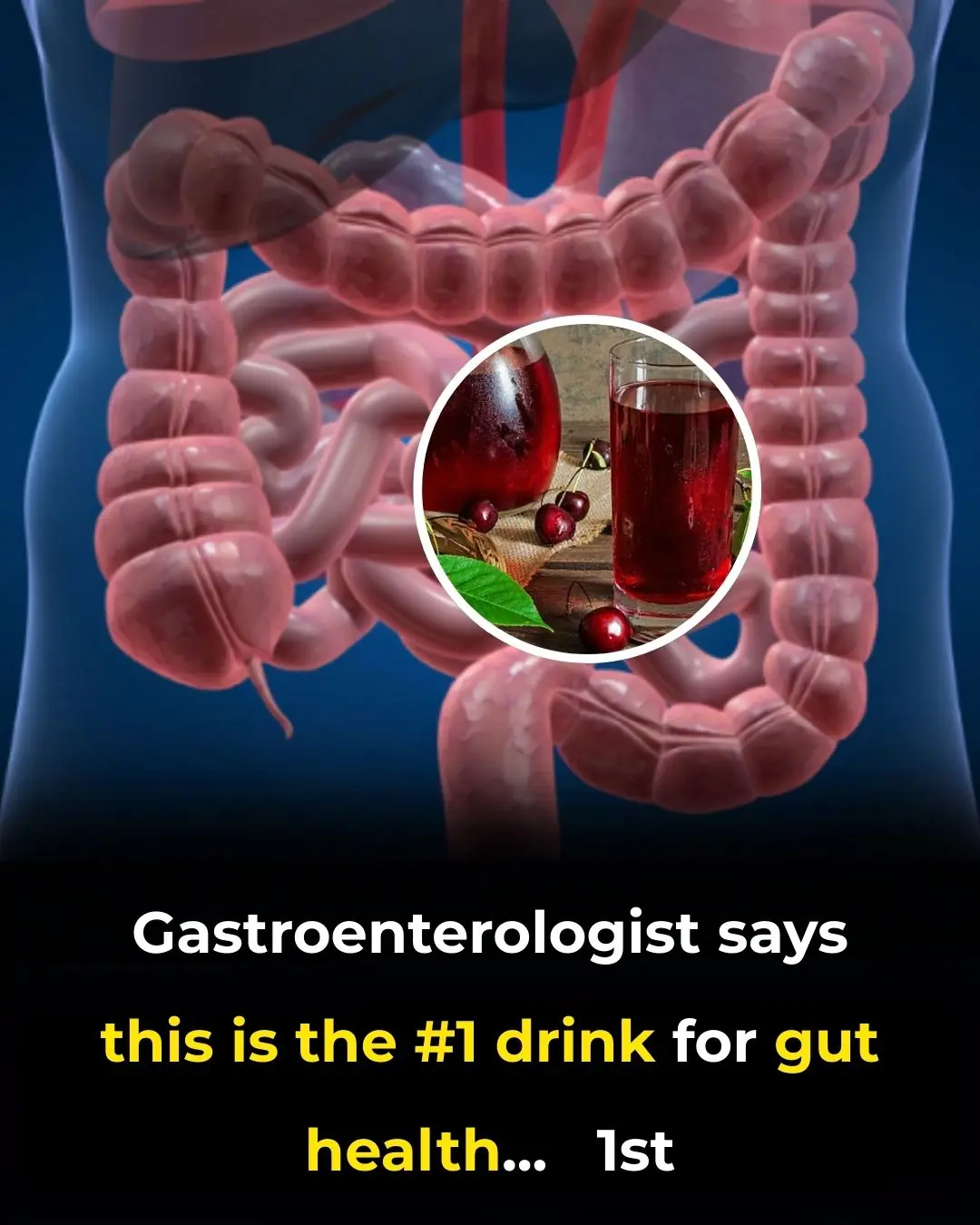
Gastroenterologist says this is the #1 drink for gut health
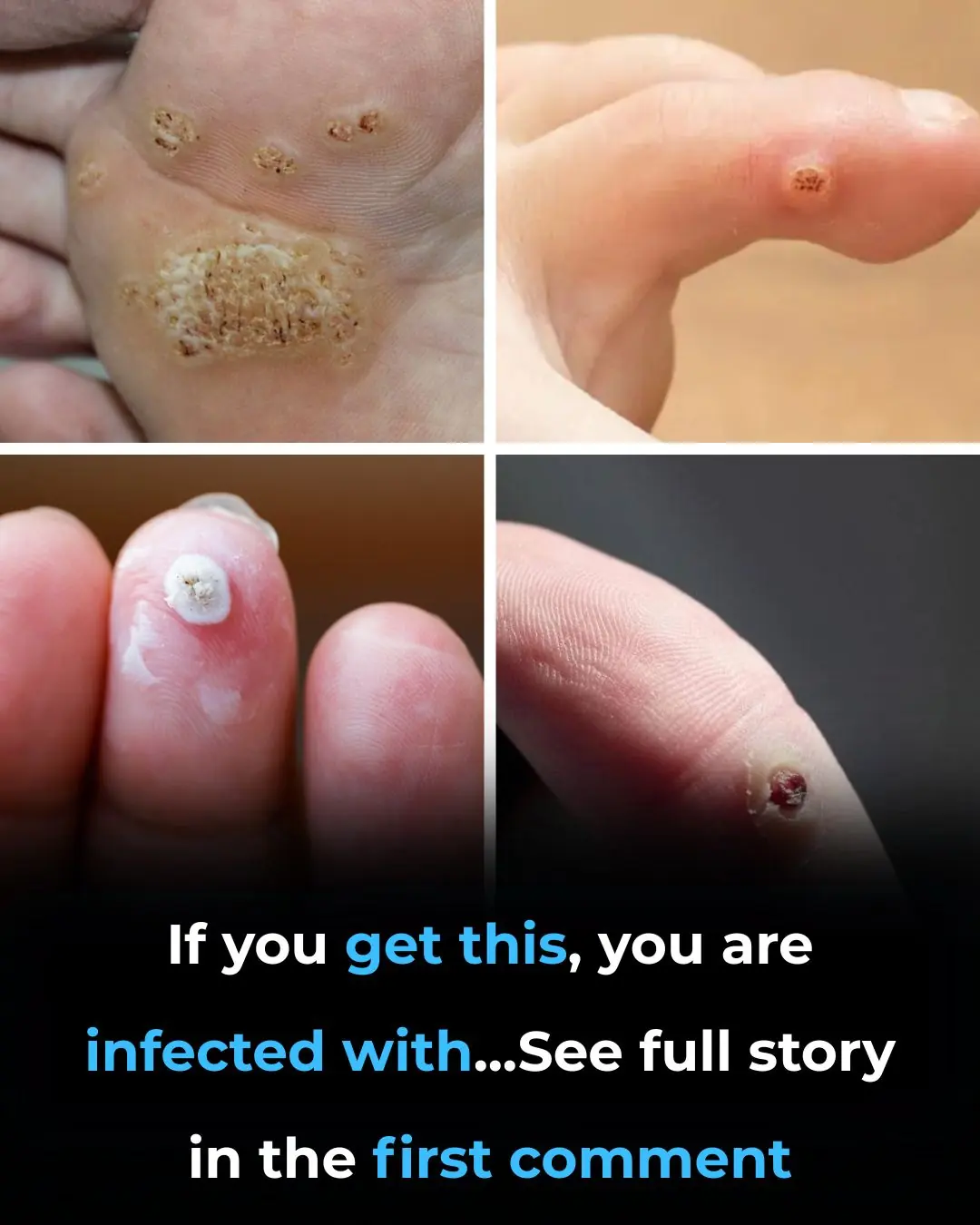
6 Types of Warts (Signs, Symptoms, Home Remedies, and Treatment)
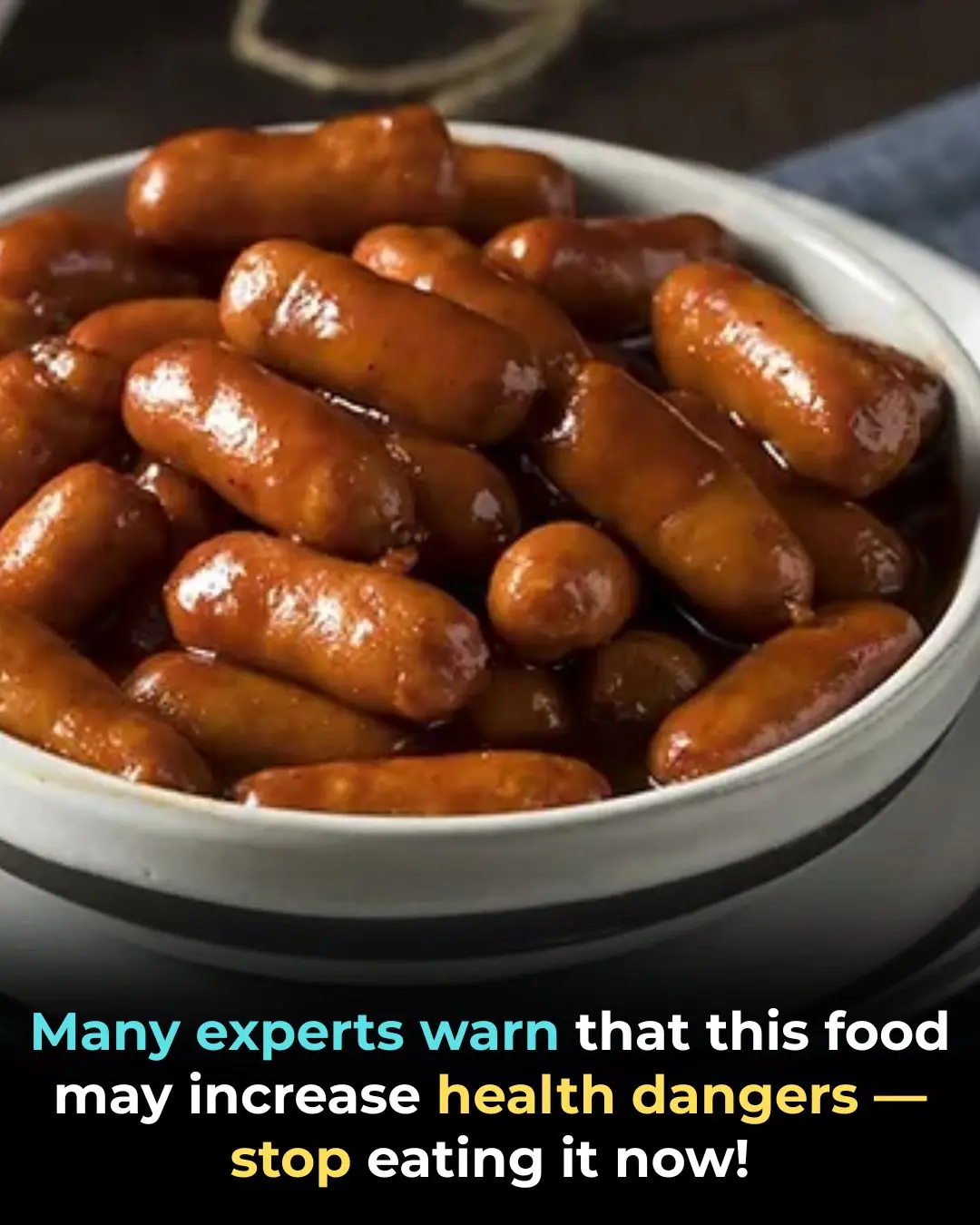
Many experts warn that this food may increase health dangers — stop eating it now!
News Post

Guava Leaf Tea: A Simple Habit With Powerful Health Benefits

The single move that instantly clears congestion and drains your sinuses

This common diabetes medication may undo the benefits of your workouts

Your legs have a “second heart” — and one simple move can reactivate it fast

9 cancer warning signs your body is sending you (don’t ignore these!)
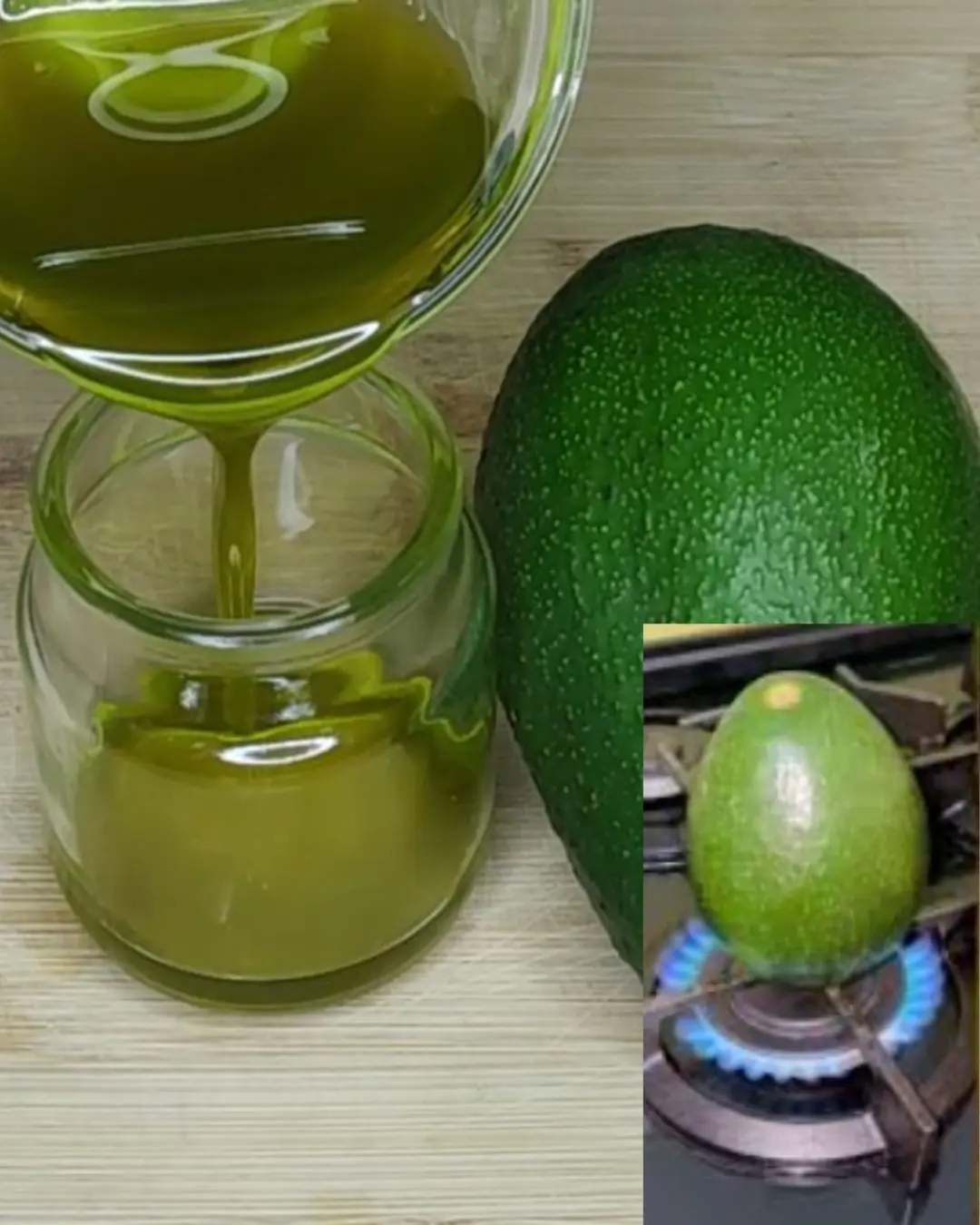
Here’s the secret why everyone puts avocados on the fire!
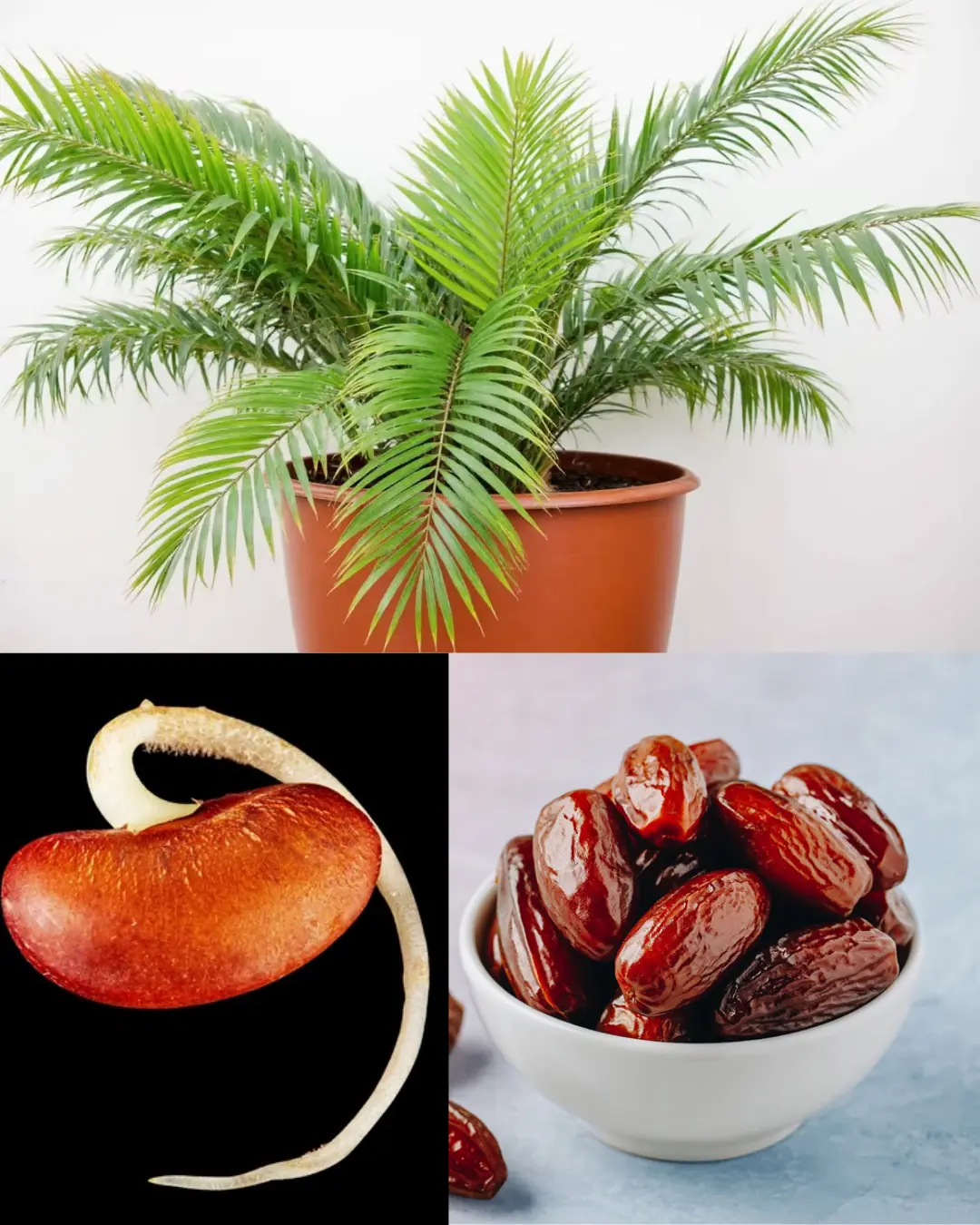
Grow Date Trees From Seed (Start in a Pot → Plant Outdoors): The Complete, No-Stress Guide
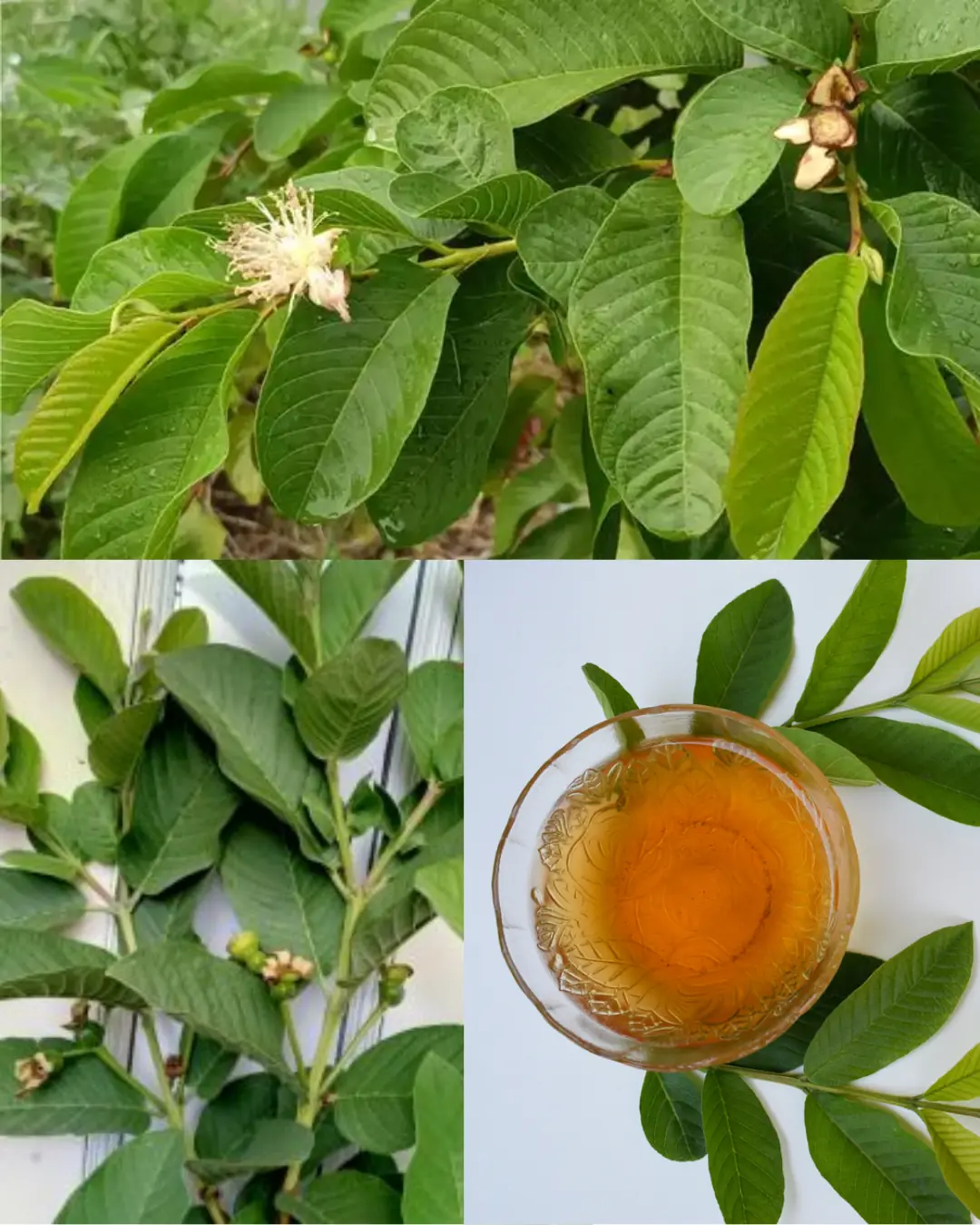
Guava Leaves for Blood Sugar Control: Nature’s Gift for Diabetics

Utqiagvik Enters 64 Days of Darkness: Inside Alaska’s Annual Polar Night
The Versatility and Benefits of Orange Peel Powder

Here’s the secret why everyone puts avocados on the fire!
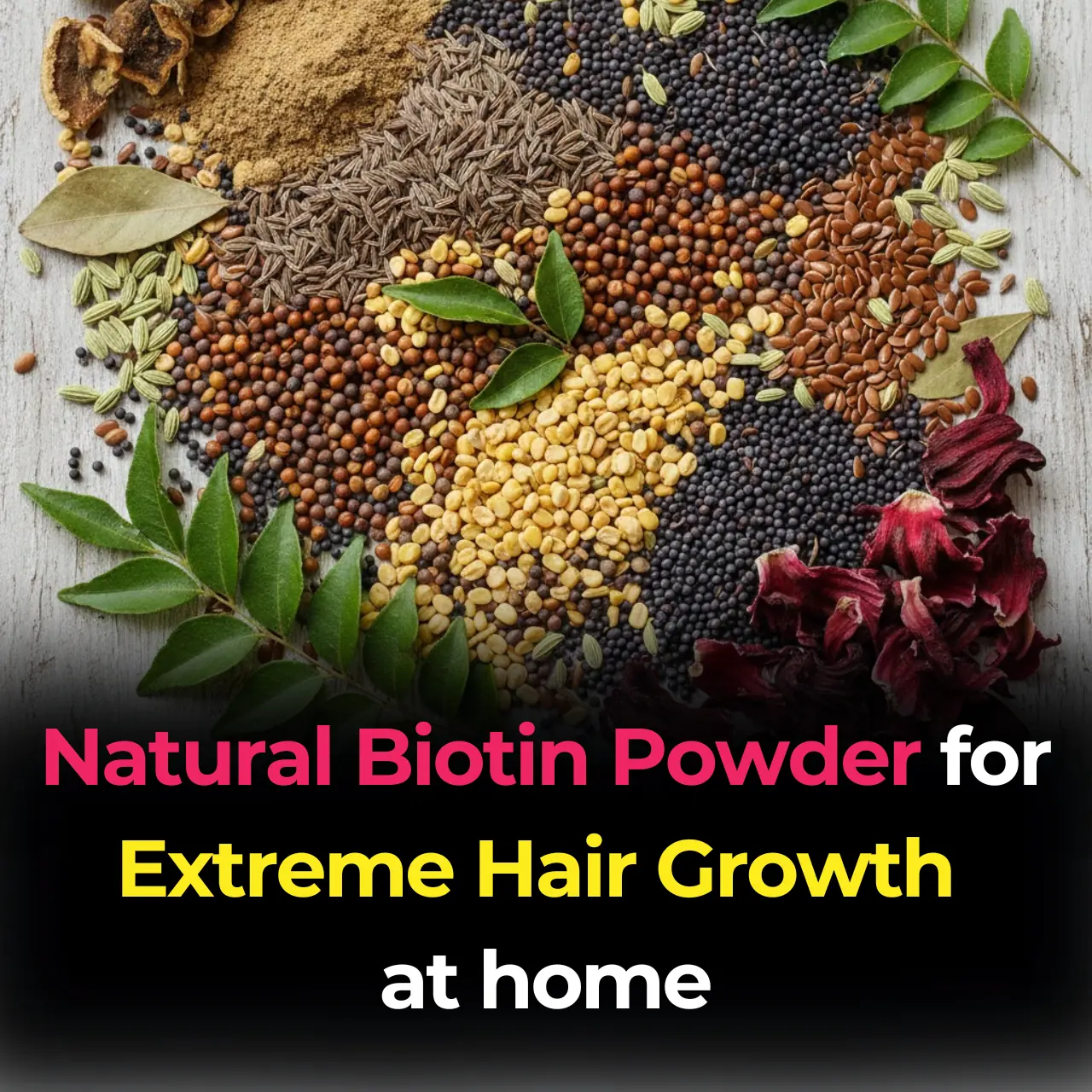
Natural Biotin Powder: Get New Hair in Bald Patch, Extreme Hair Growth

Community Backlash Stops Padel Court Plans in Bath Amid Rising Demand

26 Years, 214 Countries, 900,000 Kilometers: The Epic Journey of Gunther and Christine

My nana taught me this hack to get rid of dark circles in 5 mins with 0 work. Here’s how it works

The single move that instantly clears congestion and drains your sinuses

Put a cotton ball with VapoRub in your ear & get this remarkable effect

A Drink That May Help Reduce Cancer Risk: Not Tea or Coffee
